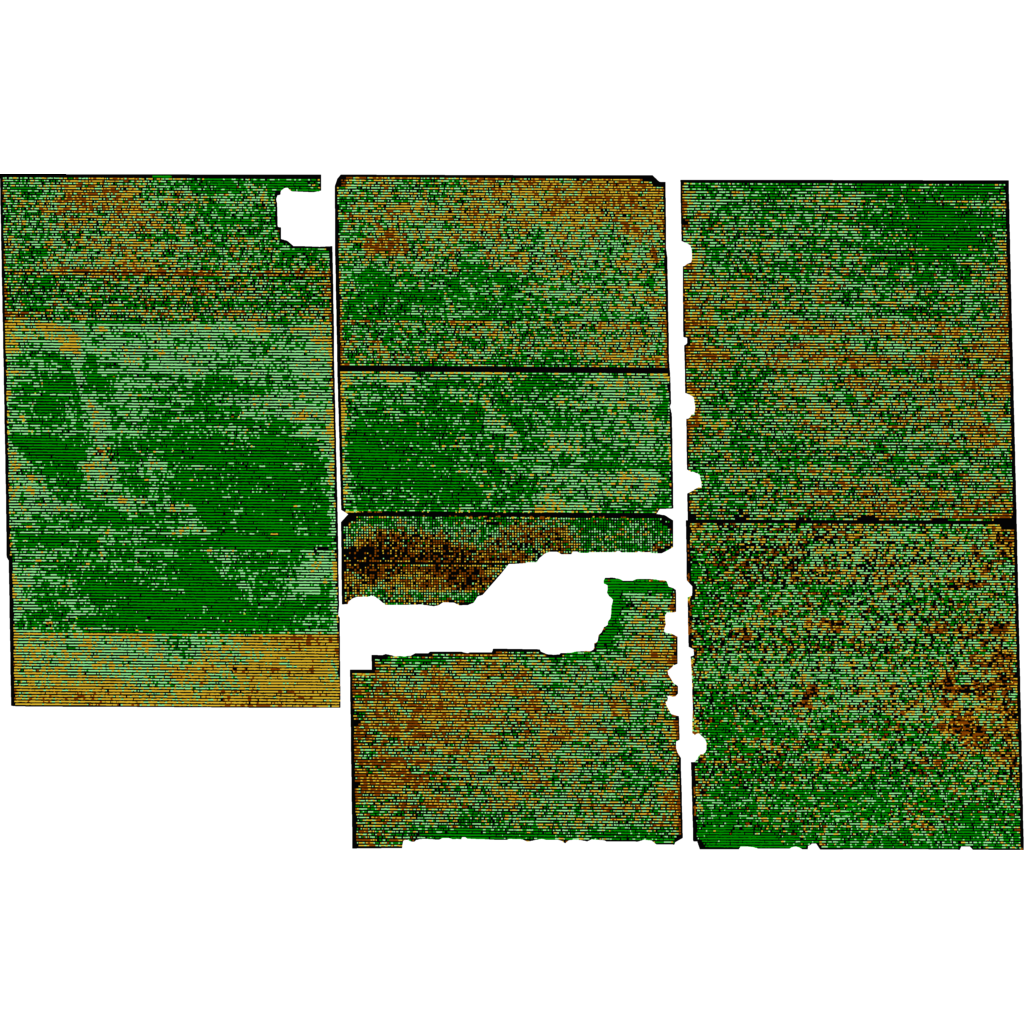"Ceres Imaging has outstanding customer service, and I love their turnaround time: they fly over and within 24 hours I have images."
Michael David Winery is a sixth-generation, family-owned business operating in Lodi, California, since the late 1800s. Today, it produces 11 varieties of premium wine grapes according to more than 100 sustainability and stewardship practices that local growers call the "Lodi Rules."
.jpg)
Michael David Winery prides itself on being a third-party-certified sustainable operation. As part of its commitment to environmentally responsible practices, it takes steps to minimize pesticide and fungicide use. "If you go beyond a certain level, you don’t get certified," explains viticulturist Michael Klouda. "So we do a lot of biological control, pheromone disruptors, and sulfur instead of relying heavily on pesticides." The tread-lightly approach makes for high-quality and low-impact crop, but it also makes it important to spot pest and disease issues early—challenging when Klouda can’t scout every block every day.
Ceres Imaging captures high-resolution imagery of the vineyard, and within a day or two Klouda has data pinpointing the areas where he needs to focus his limited time. Recently, NDVI imagery gave him early warning of an infestation of esca, an untreatable fungus found in mature grape vines. Though he had already scouted the affected area, in its early stages the fungus was invisible to the naked eye. Tipped off by subtle anomalies flagged by Ceres Imaging, Klouda was able to identify weaker vines and pull them before the infestation spread.
Catching a fungal infection early helped Michael David Winery reduce costs.

If you have a large-scale operation, I definitely think Ceres Imaging provides value. If you’re not able to get out to every block every day and scout, aerial imaging is really helpful in identifying weaker or more vigorous areas.